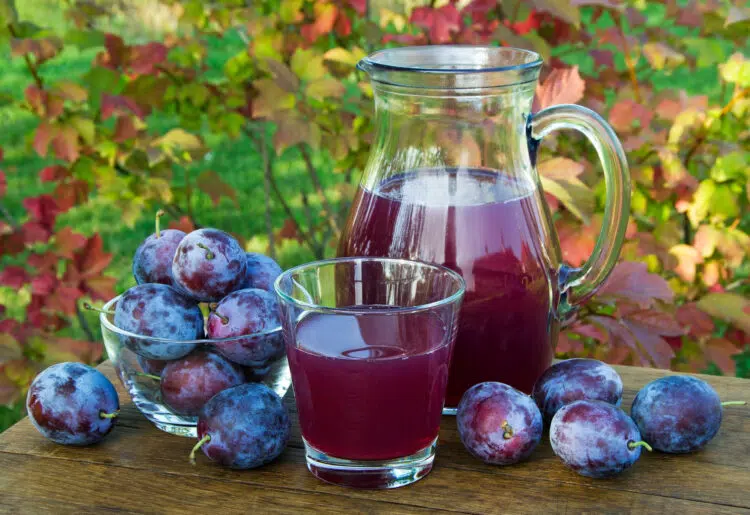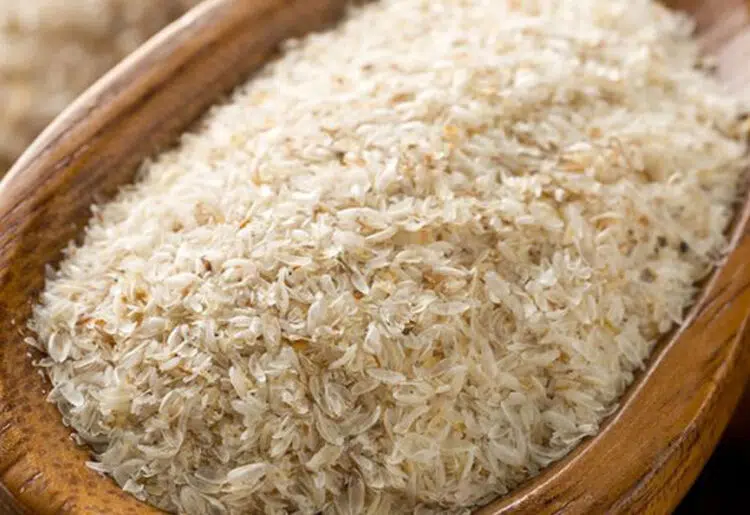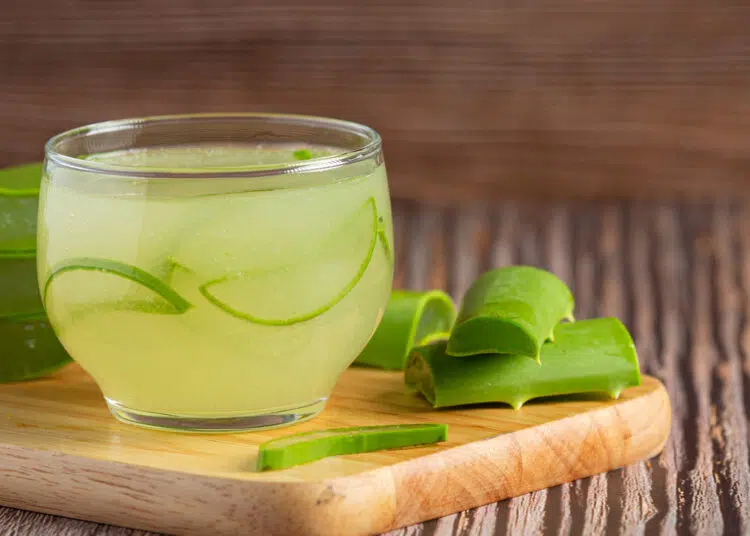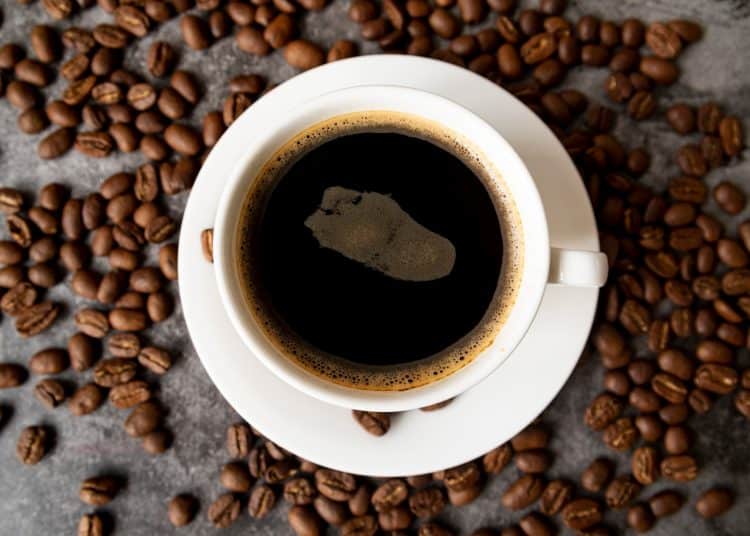Your digestive system is amazing! Comprising multiple organs including your mouth, esophagus, stomach, small intestine, large intestine, liver, gallbladder, and pancreas, the digestive system is responsible for turning the food you eat into energy and useable nutrients. It then removes any leftover waste and eliminates it.
Most of the time, your digestive system works quietly and functions smoothly. You may hear it rumble when you’re hungry, but apart from that you probably won’t need to spend much time thinking about your stomach, intestines, etc.
Nonetheless, sometimes even the usually smooth-running digestive system goes wrong. It’s not eating that’s the problem, but the other end of the process – waste elimination.
Most people have fairly regular bowel movements and poop at roughly the same time every day. Some people only poop once a day, while others have more frequent bowel movements. The point is that “normal” is a range that varies from person to person.
Constipation is the term used to describe irregular or infrequent bowel movements, typically fewer than three per week. This may be accompanied by difficulty passing stools, which may be hard, dry, or lumpy.
Constipation – A Common Problem
Research published on PubMed suggests that constipation is quite common, affecting as many as 27% of the US adult population (1). In most cases, constipation is brief and nothing to worry about. And while uncomfortable, it does not require a trip to the doctor and can be treated at home.
That said, severe or painful constipation may require medical attention. Indicators that you should seek help include:
- Constipation lasting longer than one week
- Severe abdominal pain or cramping
- Unexplained weight loss or fatigue
- Blood in the stool or rectal bleeding
- Inability to pass gas or stool (complete blockage)
- Symptoms of nausea, vomiting, or fever
- Constipation accompanied by back pain or a swollen abdomen
The good news is that such complications are rare, and most cases of constipation can be relieved with a safe, natural home remedy.
In this article, we reveal the 12 best home remedies for constipation relief.
The Best Home Constipation Remedies
Do you feel bloated and uncomfortable? Has your usual bowel routine gone awry? Don’t panic – reset your digestive system with these proven natural home remedies for constipation relief!
1. Prune Juice or Whole Prunes
Prunes are dried plums and have long been used to treat constipation. They’re high in fiber and contain sorbitol, which is a natural sugar alcohol that acts as a mild laxative. You can eat prunes (watch out for the stones!) or drink their juice – both are effective home remedies for constipation.
Dosage: About 50 grams or ¼ cup of prunes daily is effective for mild constipation.
2. Probiotic Foods
Your digestive system is home to billions of friendly bacteria. Stress, toxins, and overuse of antibiotics can hurt these bacteria, and that’s a leading cause of constipation. Repopulating and balancing gut bacteria enhances digestive health, promoting regular bowel movements.
Foods that contain probiotics include yogurt, kefir, kimchi, sauerkraut, and probiotic supplements.
Dosage: Consume 1-3 servings per day to improve gut health and alleviate constipation.
Related: The Gut-Muscle Connection: How Your Microbiome Holds the Key to Better Fitness and Muscle Gains
3. Psyllium Husk
Psyllium husk is a natural fiber supplement available from most health food stores. It’s made from the outer coating of Plantago Ovata seeds, which are rich in soluble fiber. This makes Psyllium husk effective for promoting digestion and relieving constipation (2).
Dosage: Take 15 grams, 1–3 times per day, dissolved in water.
4. Castor Oil
Extracted from the seeds of the castor plant, castor oil is another traditional home remedy for constipation. It stimulates the intestines to promote bowel movements and also softens stools, so they pass more easily.
Alternatives to castor oil that work equally well include olive oil and mineral oil. Mineral oil is often used in hospitals to alleviate post-operative constipation which is a common side-effect of surgery and hospitalization.
Dosage: Take one tablespoon/15ml at night to reestablish your morning bowel movement schedule.
5. Magnesium-Rich Foods
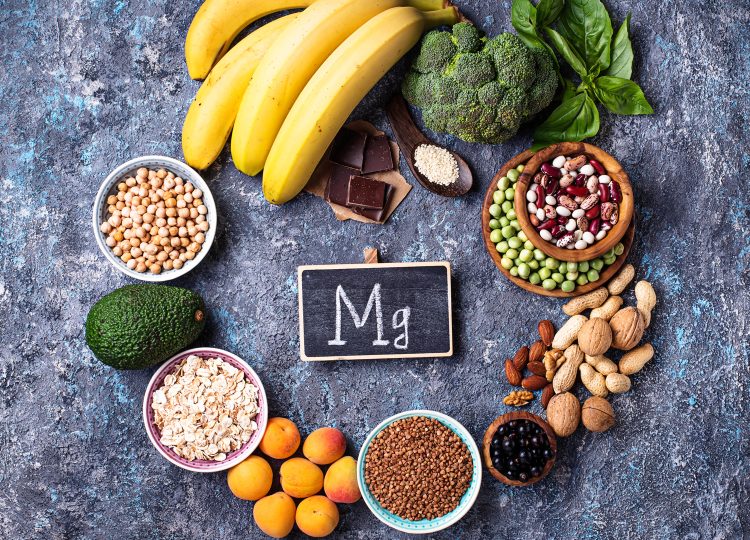
Magnesium is a super-mineral that has many vital jobs, including maintaining bone health, regulating your heartbeat, and controlling muscle contractions. It also relaxes the walls of the intestines and draws water into the intestines, which can soften stools and help bowel movements.
Good sources of magnesium include dark leafy greens, nuts, seeds, whole grains, and magnesium supplements. ZMA is a popular bodybuilding supplement that contains magnesium.
Dosage: Consume several servings of magnesium-rich foods per day or, if using a magnesium supplement, take 400-500mg 2 to 3 times a day.
6. Herbal Teas
Herbal teas contain various health-enhancing ingredients and are also more hydrating than conventional black and green teas as they’re generally caffeine-free. There are four varieties most commonly associated with constipation relief: ginger, senna, fennel, and peppermint. All four relax the digestive tract and help food move through the intestines more easily.
Dosage: Drink 2-3 cups of herbal tea per day to help alleviate constipation. Serve with a little honey if you want a sweeter drink.
7. Aloe Vera Juice
Aloe vera is a well-known health supplement, although it’s most commonly known for its skin-soothing and hydrating properties. Some people also use aloe vera for its mild laxative effects and ability to soothe digestive tract inflammation. You can take aloe vera powder to relieve constipation, but aloe vera juice is usually more fast-acting.
Dosage: Take 1-2 tablespoons of aloe vera juice 2-3 times a day to relieve constipation. Use in moderation as overconsumption may cause diarrhea.
8. Blackstrap Molasse
Blackstrap molasses is made by boiling sugarcane or beets to make to make a thick, dark syrup. It’s often used in baking as a sweetener but can also help relieve constipation. Blackstrap molasses is high in magnesium, which is known to stimulate bowel movements.
Dosage: Take a tablespoon/15ml before bed for overnight constipation relief
9. Lemon Water
Lemon water is a trendy alternative to morning tea and coffee. Energizing, cleansing, and refreshing, drinking lemon water is also a tried-and-tested constipation treatment. The acidity in lemons stimulates the digestive system to increase bowel movement frequency.
Dosage: Squeeze the juice of one lemon into a glass of warm water and drink in the morning.
10. Baking Soda
Baking soda has numerous non-baking uses, including teeth whitening and as a natural antacid to relieve gas and bloating. It’s also a traditional treatment for constipation and can help alleviate abdominal distension and pain.
Dosage: Mix one teaspoon with a cup of warm water and drink it to help ease constipation.
11. Seeds
Seeds contain two of the most important substances for relieving constipation – fiber and healthy oils. The fiber bulks up your stool to make it easier to pass while the oils lubricate and soften those stools, which is a benefit that should be self-explanatory!
There are many types of seeds you can use to ease constipation, but three of the best are chia seeds, flaxseeds, and pumpkin seeds.
Dosage: Consume ¼ cup of seeds per day whole or grind the seeds up and add them to smoothies, oatmeal, soup, etc.
12. Coffee
Coffee contains caffeine, which stimulates the muscles in the colon and can promote bowel movements. Caffeine also increases the production of gastrin, a hormone that triggers wave-like contractions in the intestines. It’s no wonder then, that many people need their early morning cup of Joe before having their first poop of the day!
Dosage: Start your day with a strong cup of coffee to kickstart your digestive system. However, avoid caffeinated coffee too close to bedtime as it may keep you awake.
Related: Caffeine Calculator – Are You Consuming Too Much?
Constipation Prevention
It’s often said that an ounce of prevention is worth a pound of cure, and that’s certainly the case with constipation. There are several things you can do that will reduce your risk of sluggish bowel movements, which will always be preferable to having to use the home remedies outlined in this article.
Positive steps you can take to avoid constipation include:
Consume plenty of fruit, vegetables, and whole grains
These foods contain plenty of soluble and insoluble fiber, both of which aid bowel movements by increasing stool size, making them easier to pass. According to sources, men should consume 38 grams per day, while women need 25 grams (3).
Stay hydrated
Not drinking enough water makes your stools dry, harder, and more difficult to pass. Most adults should consume between 2-3 liters of water per day or 68-101 ounces. Alternatively, determine your precise water needs by weight and activity levels here: Water Intake Calculator.
Stay active
Being sedentary causes your digestive system to slow down, increasing the risk of constipation (4). Daily exercise can help keep things on schedule. Walking 8,000 to 10,000 steps is a good way to increase or maintain physical activity outside of your regular workouts.
Don’t ignore the urge to poop
Holding in a bowel movement can make your stool dry and hard to pass. It also trains your body to retain rather than eliminate poop. If you feel the need to go then you should. However, avoid trying to force a bowel movement as doing so can cause hemorrhoids (piles) to form.
Maintain a consistent sleep schedule
Not going to bed and getting up at the same time each day makes it harder for your body to regulate your digestive system. Poor sleep quality can influence digestion, as the body’s circadian rhythms affect bowel regularity.
Minimize stress and anxiety
While stress can make you want to poop, some people experience the opposite when they’re feeling under pressure. Learn to control stress better to avoid negatively impacting your digestive system.
Do not overuse laxatives
Regular sufferers of constipation may become reliant on laxatives. This can make it difficult to reestablish a natural bowel movement schedule. While the occasional short-term use of laxatives is quite safe for most people, they should not be used for prolonged periods or too regularly.
While constipation is a normal part of life, such occurrences should be occasional, short-lived, and easy to relieve using natural remedies. However, if constipation persists, consult with a healthcare provider in case there is a more serious underlying reason for your bowel irregularities.
Conclusion
Your body regulates your internal processes according to things like hormonal balance, the circadian rhythm, supply and demand, and a host of other stimuli. And, as with any complex machine, sometimes things go wrong.
Consequently, it’s only to be expected that, occasionally, your digestive system misses a beat and your bowel movements become irregular for a short time. Long journeys, changing time zones, stress, aging, dietary variations, and a host of other triggers can also lead to constipation.
In most cases, such dietary irregularities will sort themselves out, and you’ll soon be back on track. However, if you need a little extra assistance, there are 12 home remedies outlined in this article that’ll soon have you back to normal.
References
- Higgins PD, Johanson JF. Epidemiology of constipation in North America: a systematic review. Am J Gastroenterol. 2004 Apr;99(4):750-9. doi: 10.1111/j.1572-0241.2004.04114.x. PMID: 15089911.
- van der Schoot A, Drysdale C, Whelan K, Dimidi E. The Effect of Fiber Supplementation on Chronic Constipation in Adults: An Updated Systematic Review and Meta-Analysis of Randomized Controlled Trials. Am J Clin Nutr. 2022 Oct 6;116(4):953-969. doi: 10.1093/ajcn/nqac184. PMID: 35816465; PMCID: PMC9535527.
- Quagliani D, Felt-Gunderson P. Closing America’s Fiber Intake Gap: Communication Strategies From a Food and Fiber Summit. Am J Lifestyle Med. 2016 Jul 7;11(1):80-85. doi: 10.1177/1559827615588079. PMID: 30202317; PMCID: PMC6124841.
- Diaz S, Bittar K, Hashmi MF, et al. Constipation. [Updated 2023 Nov 12]. In: StatPearls [Internet]. Treasure Island (FL): StatPearls Publishing; 2024 Jan.
Tip: If you're signed in to Google, tap Follow.




